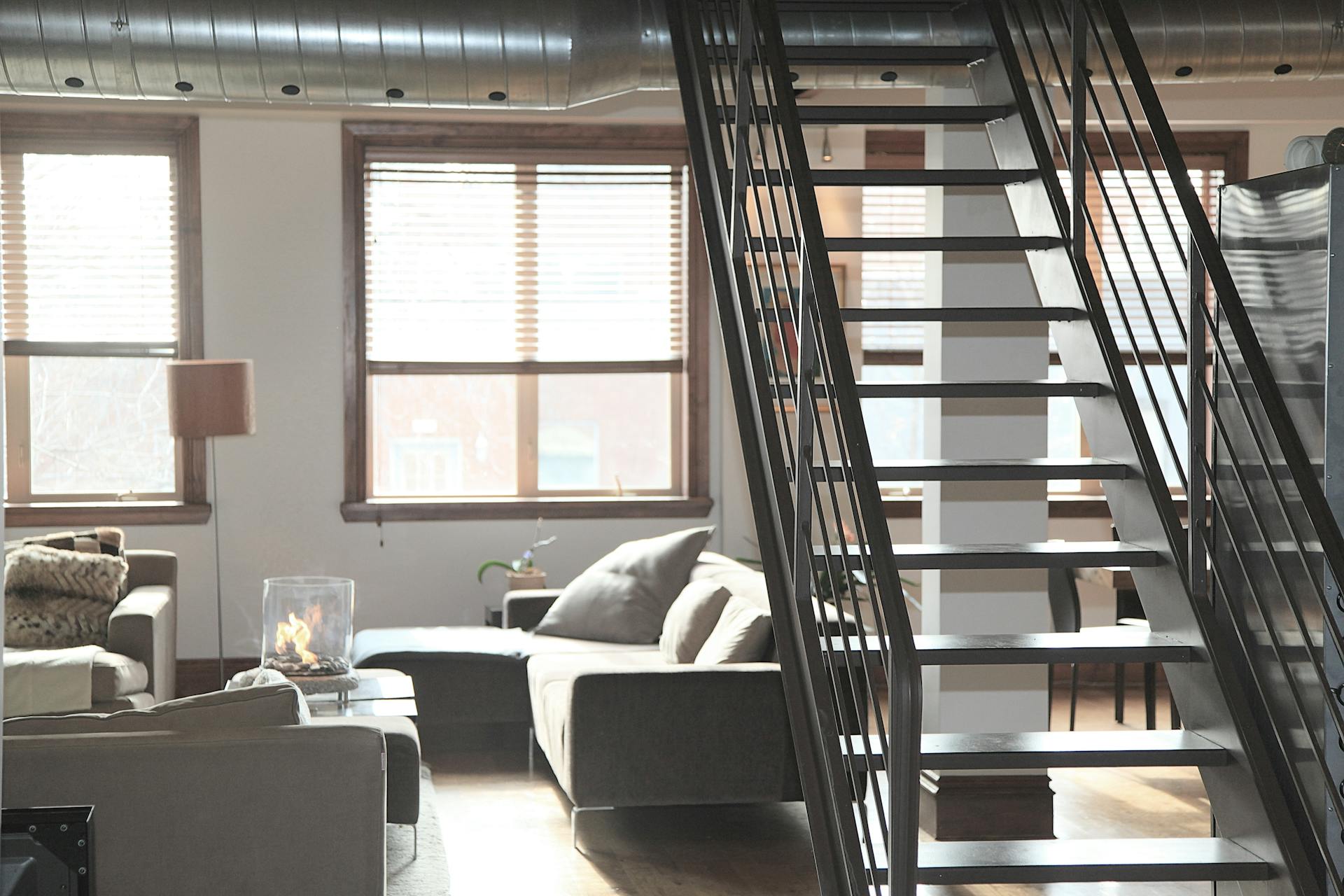

Question: Do you pay property taxes on a condo in Canada?
Answer: Yes, you do pay property taxes on a condo in Canada. Property taxes are based on the assessed value of your unit and go towards funding local services like schools and roads. Even though you’re in a shared building, condo owners are responsible for their individual unit’s property tax.
Property Taxes and Condo Ownership: Clearing Up the Confusion
The financial side of home ownership can be complex, and even more so when considering a condo. One common question that arises is: Do you pay property taxes on a condo in Canada? Let’s shed some light on this topic.
Condo Ownership and Property Taxes: The Unavoidable Truth
Yes, condo owners in Canada are indeed subject to property taxes. Just like any other property owner, you’ll receive an annual property tax bill from your local municipality. These taxes contribute to funding essential services like schools, roads, and emergency services within your community.
Click here for more information on Condo realtors
Related Article: Do Condo Maintenance Fees Increase?
Related Article: Is Owning a Condo More Expensive Than Owning a House?
Understanding Condo Fees vs. Property Taxes
It’s important to distinguish between condo fees and property taxes. Condo fees, paid to your condo corporation, cover the maintenance and upkeep of the building and common areas. Property taxes, on the other hand, are separate and go directly to the municipality.
While condo fees may include some costs associated with the building’s share of municipal services, they don’t cover your individual property tax obligation. It’s crucial to budget for both when considering the affordability of condo ownership.
Calculating Condo Property Taxes
Condo property taxes are based on the assessed value of your unit. This assessment considers factors like the unit’s size, location, and amenities. The municipality then applies a mill rate to determine your tax amount. Mill rates can vary between municipalities, so it’s essential to check with your local government for specific details.
Some municipalities may levy special assessments for major repairs or improvements to the building or common areas. These assessments can lead to a temporary increase in your property taxes.
Paying Your Condo Property Taxes
You’ll receive a property tax bill from your municipality, usually once or twice a year. You can pay these taxes directly to the municipality through various methods, including online payments, mail, or in-person at municipal offices.
Failing to pay your property taxes on time can result in penalties and interest charges. It’s crucial to stay on top of your payments to avoid these additional costs.
Comparing Condo Taxes to House Taxes
Condo property taxes tend to be lower than those for houses, primarily due to the smaller unit size and shared ownership of common areas. However, the exact difference can vary depending on the location and the specific condo and house being compared.
It’s worth noting that even though condo taxes may be lower, you still need to factor in condo fees when evaluating the overall cost of ownership.
Seeking Professional Advice
If you’re unsure about any aspect of condo property taxes, don’t hesitate to seek professional advice. A real estate lawyer or accountant can provide valuable guidance tailored to your specific situation.
Click for more information about Jen Jewell
Conclusion: Paying Your Dues
Condo owners in Canada do pay property taxes; these taxes are separate from condo fees and contribute to essential community services. Understanding how condo property taxes work is crucial for budgeting and making informed financial decisions as a condo owner.[ 1 ]
References
1. https://www.mychoice.ca/blog/condo-property-tax/


